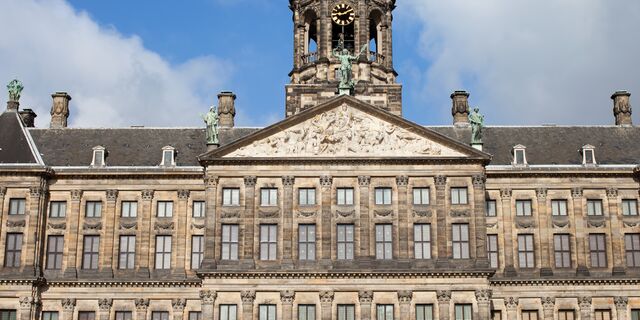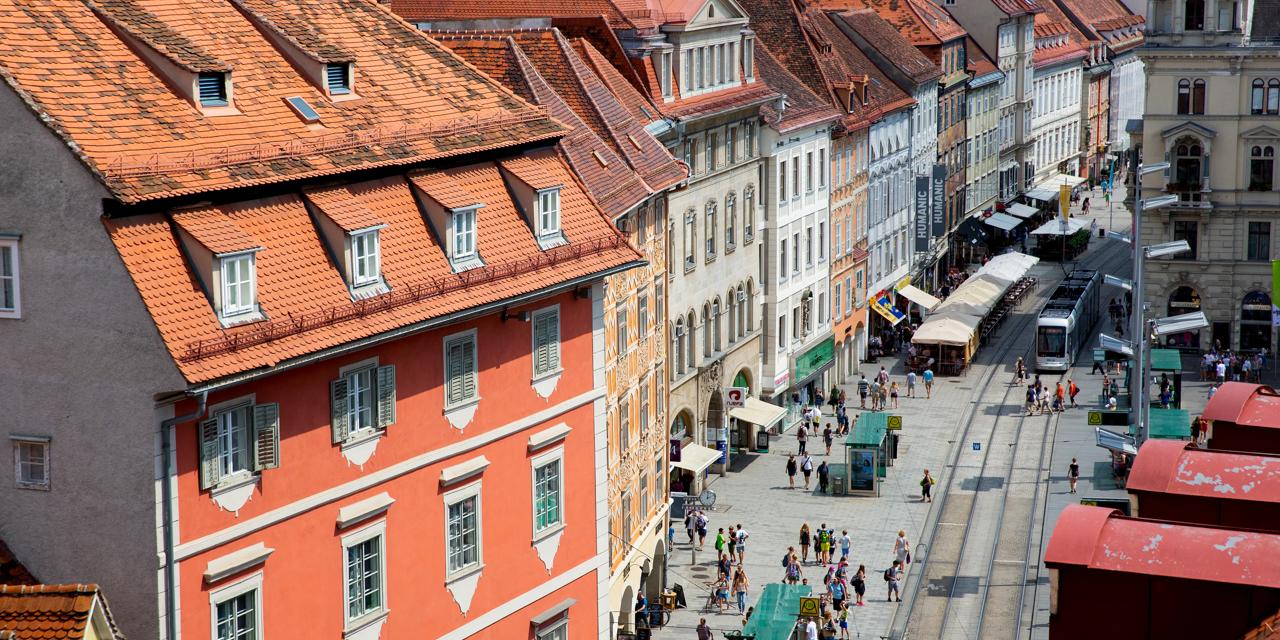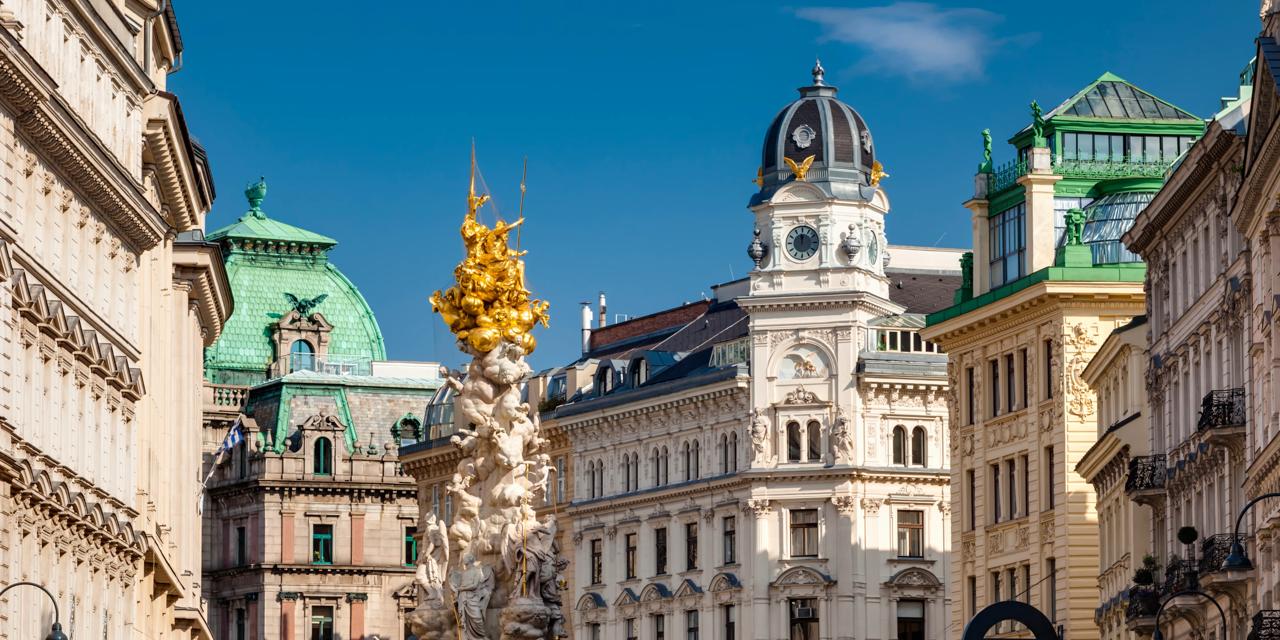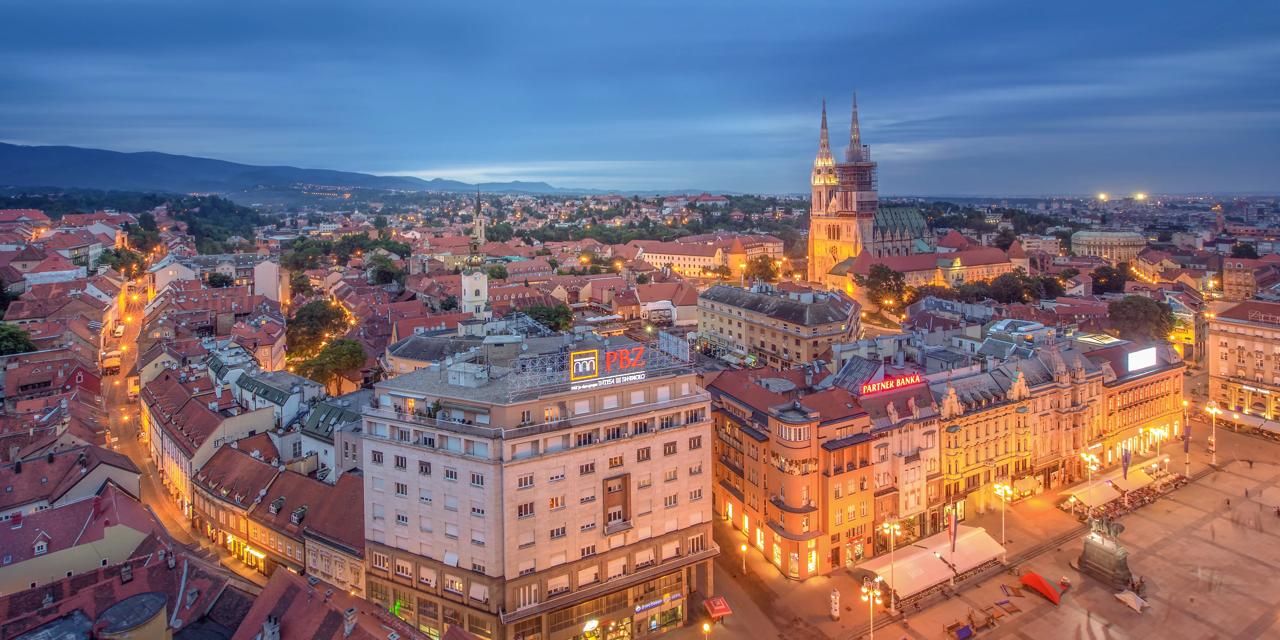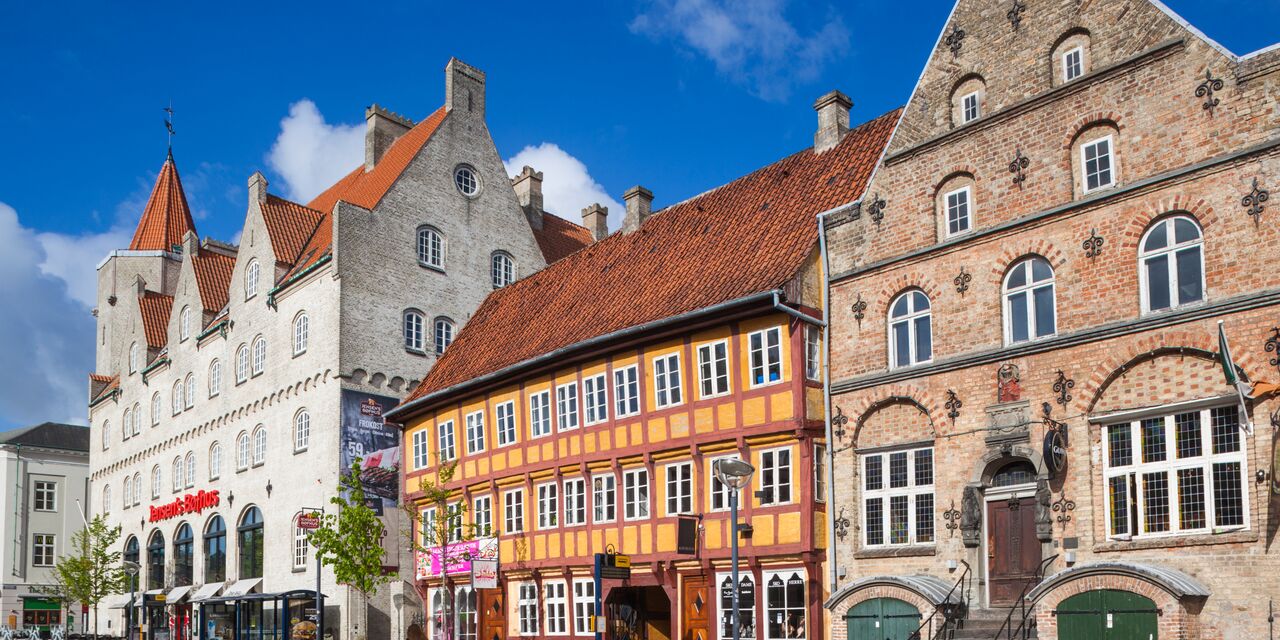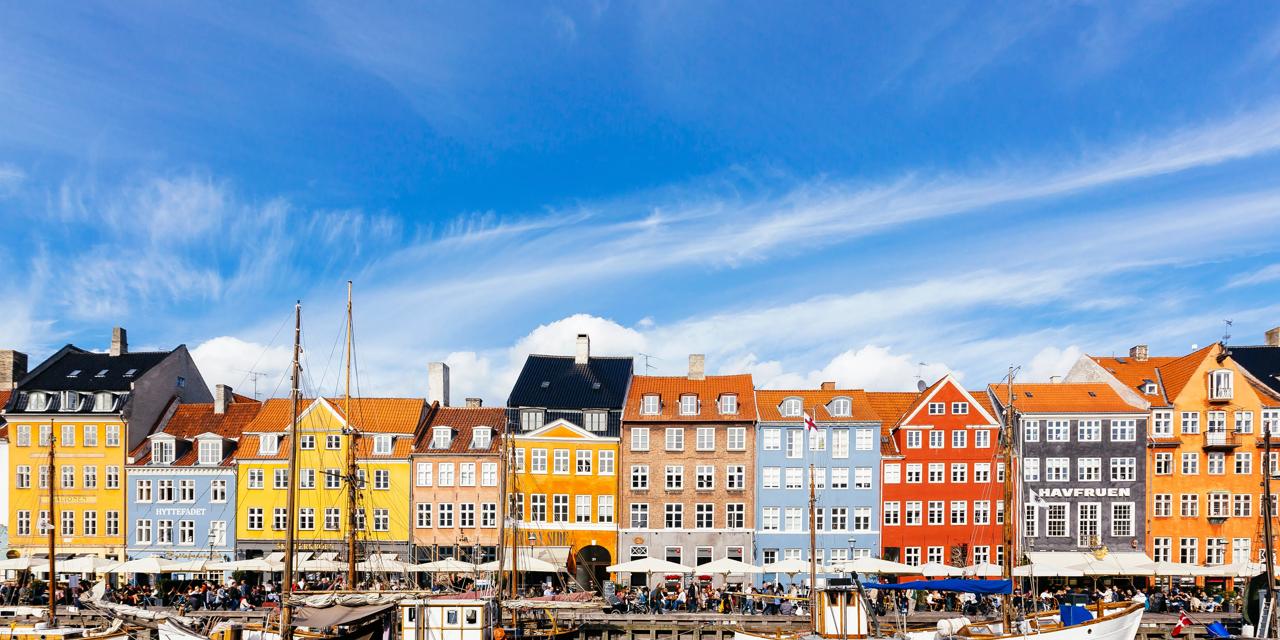Life of the great master at the Rembrandthuis
Rembrandt Harmenszoon van Rijn is one of the most important Dutch painters from the Golden Age. Between 1639 and 1658 this hugely influential artist lived and worked in a stylish house in the heart of Amsterdam. The Rembrandthuis at Jodenbreestraat 4 is now a museum and tells the story of this artist's daily life.
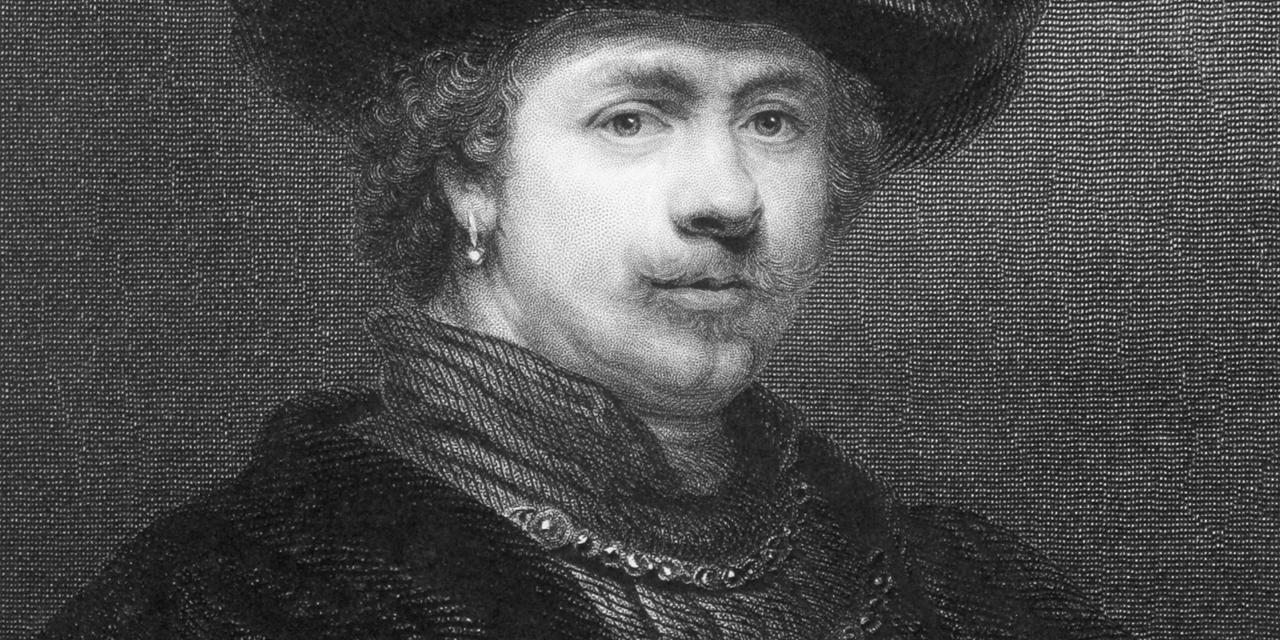

Rembrandt’s home
The historic building was built in 1606/1607 in a neighbourhood that was popular among wealthy merchants and successful artists. Before Rembrandt moved in, it was radically renovated under the watchful eye of Jacob van Campen, the eminent architect who designed the former City Hall (now the Royal Palace) on Dam Square. Rembrandt moved here in 1639 at a time when he was extremely successful. It was the year in which he was commissioned for a prestigious painting: the celebrated Night Watch. Despite the many commissions Rembrandt received, he was unable to pay off the mortgage for the expensive merchant’s house over the 20 years he lived there. This eventually resulted in his bankruptcy in 1658, and his home and possessions were auctioned off. A plus point for us now is that a meticulous list of Rembrandt’s possessions was made for his creditors. This ensured that the Rembrandthuis could be set up as much as possible in the original style, including furniture and objects that provide insights into Rembrandt’s life.
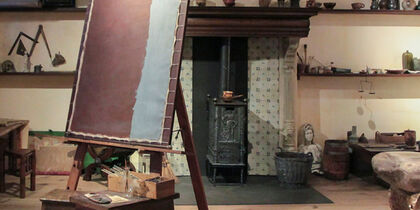
The master’s atelier
The largest room in the Rembrandthuis is also one of the most interesting ones. The Groote Schildercaemer (i.e. large painting room) was the atelier of the great master, where he painted, drew and etched some of his most renowned works. Notice the natural light in the room; the stained-glass windows provided a unique incidence of light that is reflected in Rembrandt’s paintings. Rembrandt’s work is known for its wonderful contrasts of light and dark, drawing spectators into the lively scenes he painted.
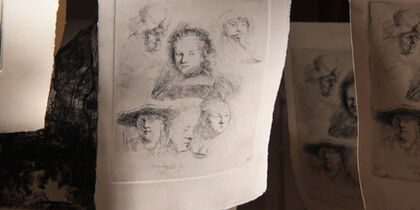
Rembrandt’s etchings
In addition to an oeuvre of some 300 paintings and 2,000 drawings, Rembrandt produced around 290 etchings. In his lifetime Rembrandt was famous for being an etching artist. His works are characterised by the nonchalant lines and exceptional representation of shadows. Because etchings were relatively easy to reproduce, they had a huge audience and 17th-century etching fans from across Europe hoped to own a piece of Rembrandt’s graphic work. The Rembrandthuis owns the majority of the artist’s etchings, part of which are on show in the permanent collection.
Discover other destinations in Europe
*The displayed prices are for one adult. All amounts are in CLP. Taxes and surcharges are included. No booking fee or payment surcharge is applicable. The prices shown are calculated at the exchange rate of today and may vary depending on fare availability. You will see the final amount when selecting your payment method. The ticket conditions depend on the fare basis. You can pay up to 3 instalments with a credit card without interests. Prices are only available on klm.cl.
The weather forecast information is provided by World Weather Online. Air France-KLM is not responsible for the reliability of this data.











